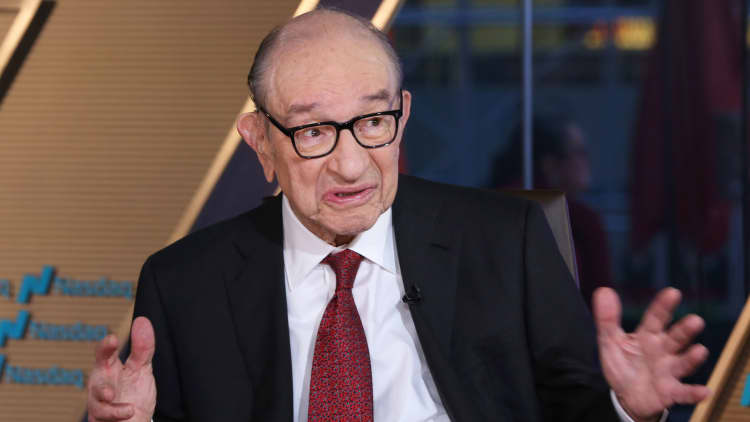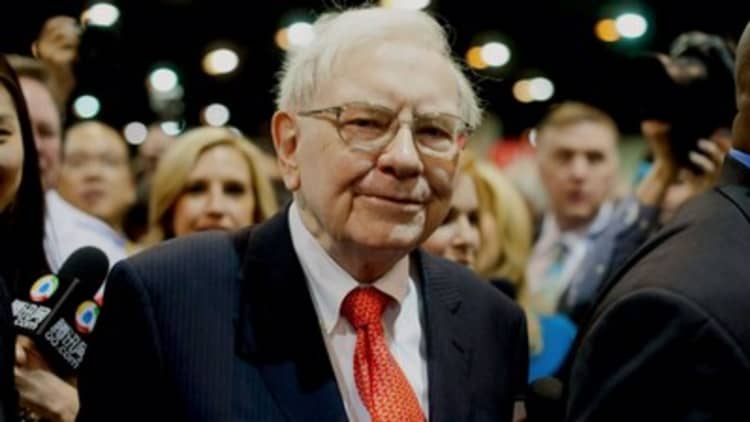Freshman Congresswoman Ilhan Abdullahi Omar jumped into the frothy debate over taxing the rich at super high rates on Tuesday.
On Yahoo's web series "Through Her Eyes," Omar suggested one way to pay for programs like Medicaid or the Green New Deal is to increase tax rates on the super rich.
"We could increase the taxes that people are paying who are the extremely wealthy in our communities. So 70 percent, 80 percent, we've had it as high as 90 percent," Omar says.
"The 1 percent must pay their fair share," adds Omar.
Omar, a Democrat U.S. Representative for Minnesota who is one of the first two Muslim women to be elected to Congress, later tweeted that she supports the 70 percent marginal tax rate her fellow freshman Congresswoman Alexandria Ocasio-Cortez has proposed.
Representative Alexandria Ocasio-Cortez, a Democrat from New York and the youngest woman ever elected to Congress, suggested a 70 percent marginal tax rate on those making more than $10 million per year. (Currently, the top tax rate in the United States is 37 percent.)
"People are going to have to start paying their fair share in taxes," Ocasio-Cortez told Anderson Cooper on CBS' "60 Minutes" in January. "Your tax rate, you know, let's say, from zero to $75,000 may be 10 percent or 15 percent, et cetera. But once you get to, like, the tippy tops — on your 10-millionth dollar — sometimes you see tax rates as high as 60 or 70 percent. That doesn't mean all $10 million are taxed at an extremely high rate, but it means that as you climb up this ladder you should be contributing more."
The notion of taxing the wealthy at such rates has been met with fierce criticism.
"I think it would be a terrible mistake," former Federal Reserve Chairman Alan Greenspan told CNBC's "Squawk on the Street" in January, saying that a 70 percent marginal tax rate on the wealthy would lead to "a significant drop in economic activity."

But not everyone sees it that way.
When Dell CEO and founder Michael Dell (who has a net worth of $32.7 billion, according to Forbes) challenged panelists at the World Economic Forum in Davos to "name a country where that's worked — ever," MIT professor Erik Brynjolfsson had an answer: the United States.
"From about the 1930s through about the 1960s, the tax rate averaged about 70 percent, at times it was up as high as 95 percent," explained Brynjolfsson. "And those were actually pretty good years for growth."
The professor, who is director of the university's Initiative on the Digital Economy, added that he does not have "a strong opinion" on the tax proposal. "The devil is in the details," he said. "But there is actually a lot of economics that suggests that it's not necessarily going to hurt growth."
See also:
Ocasio-Cortez's 70% tax plan gets fierce response, but even Warren Buffett says rich should pay more
Hedge fund billionaire Ray Dalio: 'Capitalism basically is not working for the majority of people'
Super-rich early Amazon investor: Wealth gap crisis is the 'direct result' of 'moral failure'

Like this story? Like CNBC Make It on Facebook!


